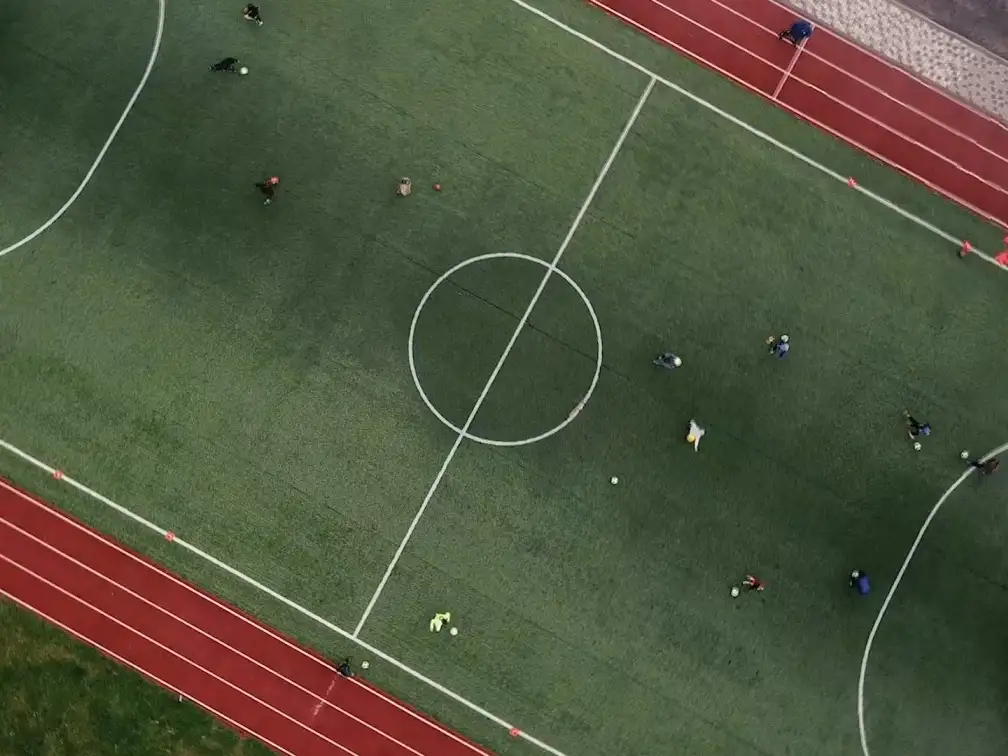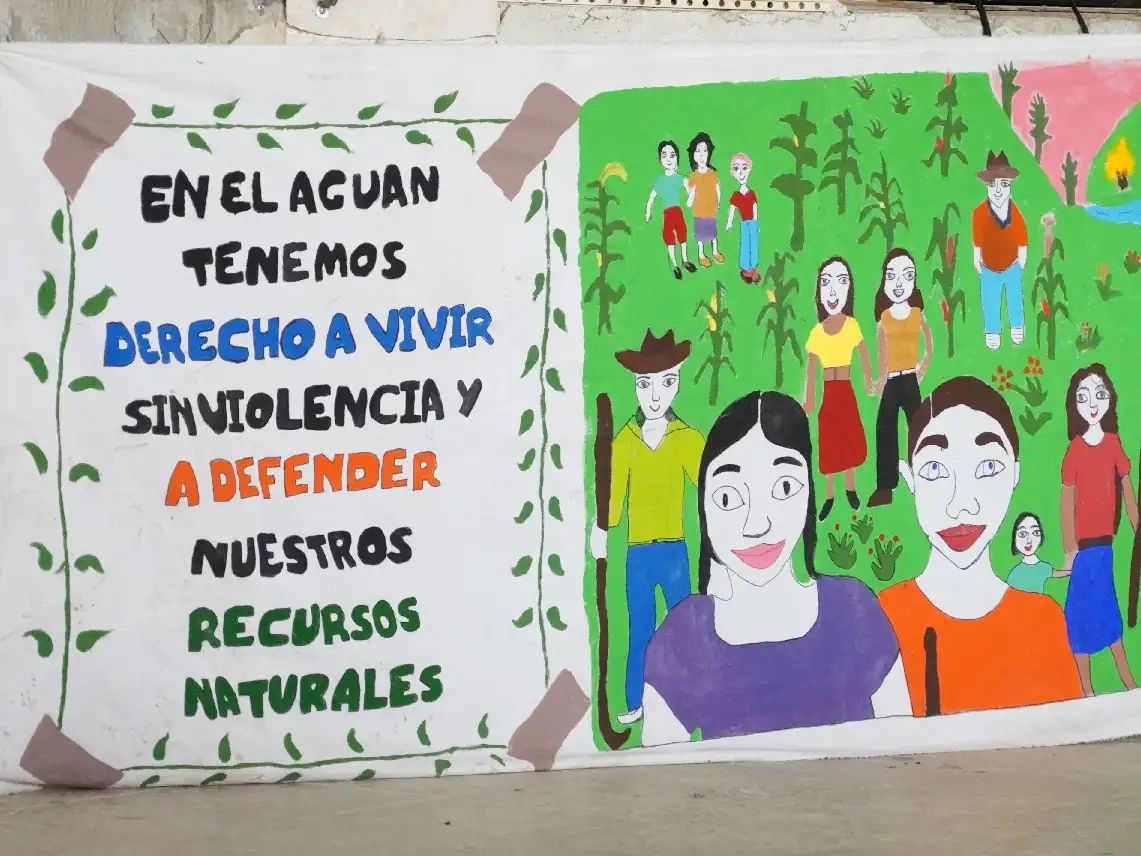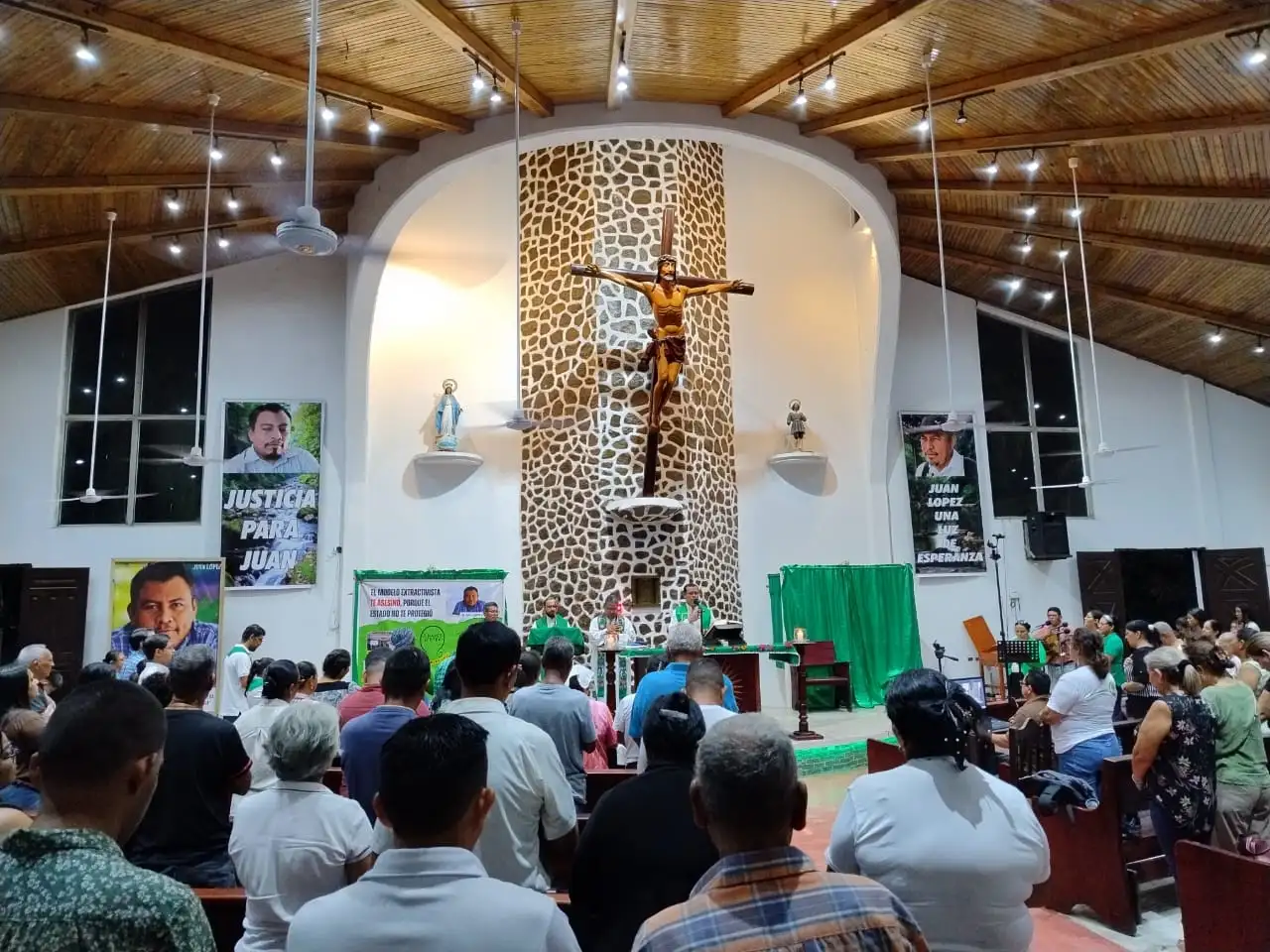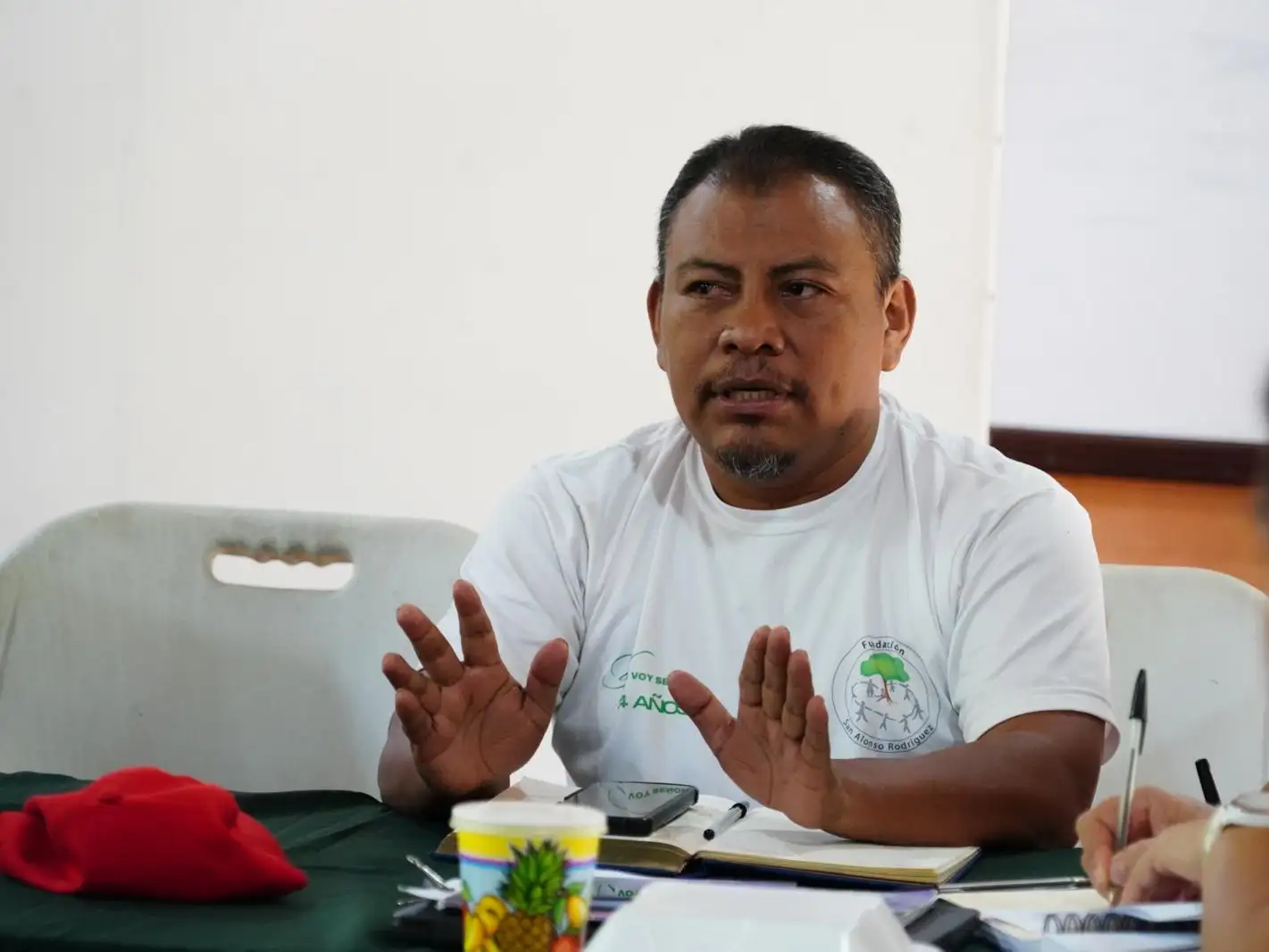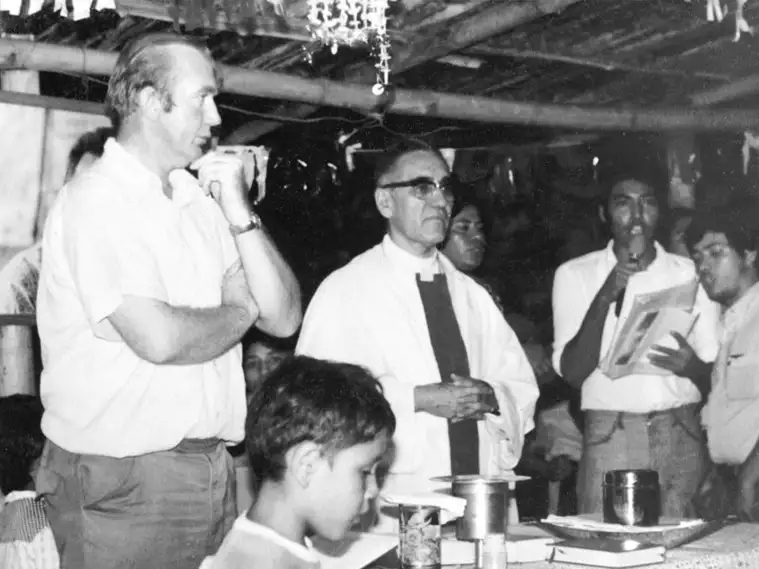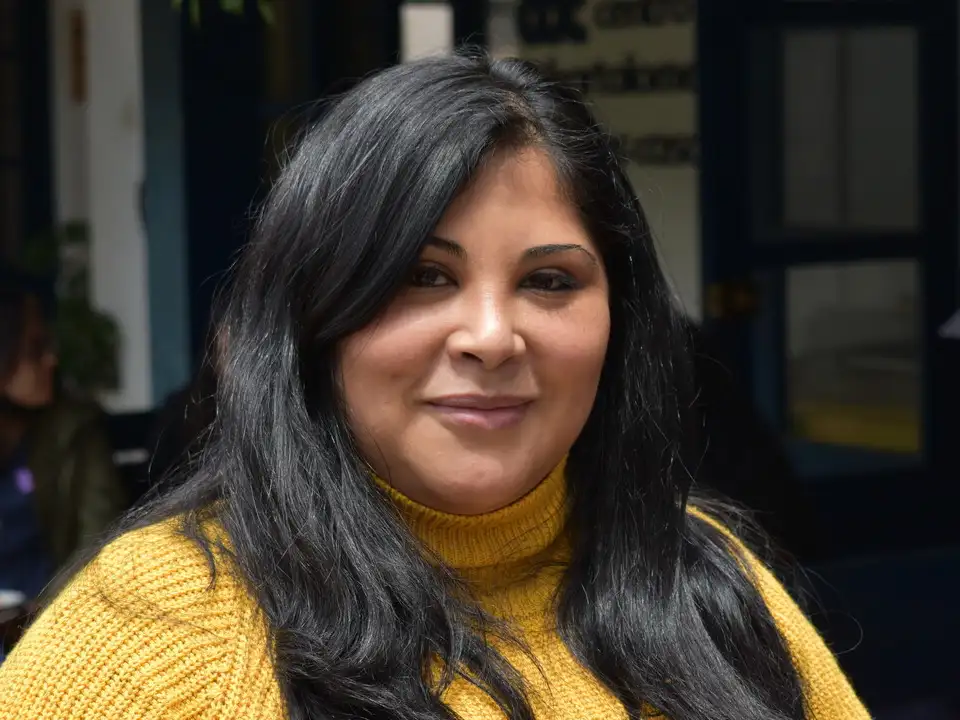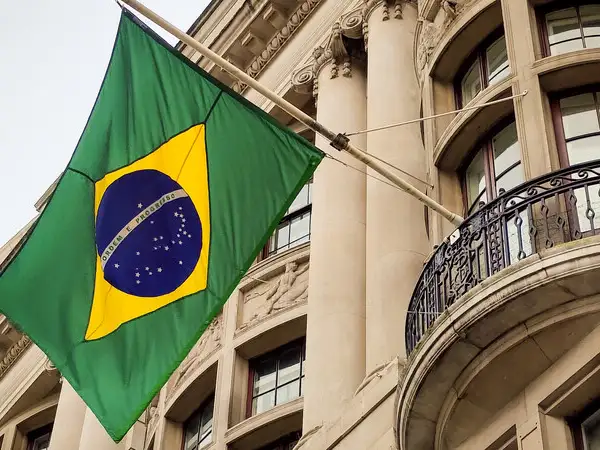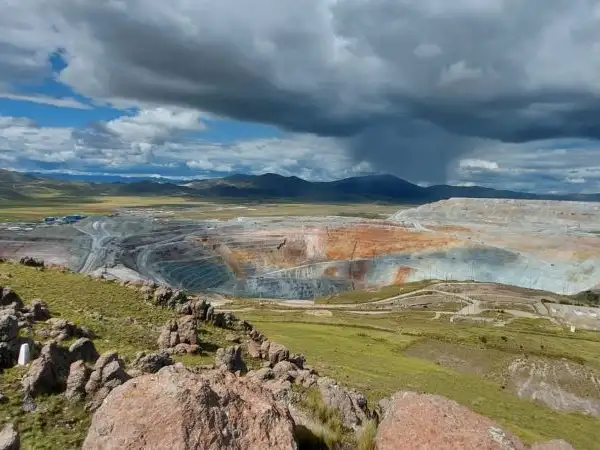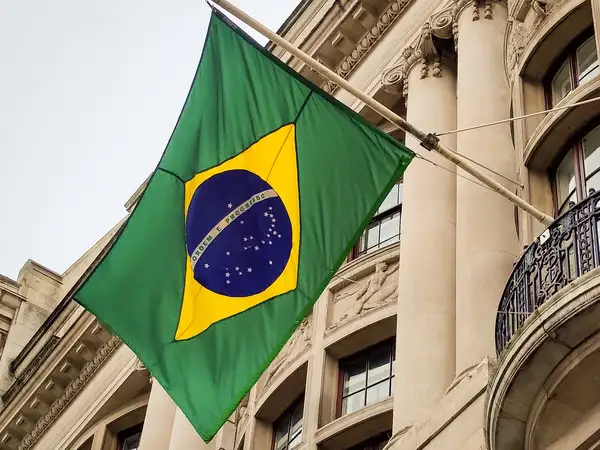

The run-off between president Jair Bolsonaro and challenger Luiz Inacio ‘Lula’ da Silva on 30 October is of vital importance to Brazil's indigenous peoples.
On Sunday, Brazilians voted for left-wing Luiz Inacio ‘Lula’ da Silva to return as Brazil’s next president from 1 January 2023. The presidential election was incredibly close, with Lula winning 50.9% of the total vote, and the country’s current far-right leader, Jair Bolsonaro, winning 49.1%. There was a difference of just over 2 million votes between the two candidates, which is symbolic of a deeply divided Brazil.
Speaking at his victory speech after an unprecedentedly bitter election campaign, Lula was keen to show his commitment to uniting the country, and putting combating hunger, inequality, and environmental destruction as top priorities back on the government’s agenda.
Lula also made it clear that for Brazil’s indigenous peoples, they are entering a symbolic new era:
"We are ending a…government that doesn't like indigenous people. In fact, for indigenous people, I will create the Ministry of Original Peoples so that they will never again be mistreated".
Edinho Bastista de Souza, general coordinator of CAFOD’s partner, Indigenous Council of Roraima (CIR), said:
“This is a very important result for indigenous peoples and for all those who defend life…we won a battle. It is the beginning of a new day, the start of new hope, and openness to dialogue.
"Indigenous peoples have always trusted and believed that it is possible to have a country that gives dignity, freedom, that respects the rights of indigenous peoples. Yes, it is possible."
Deforestation has increased radically under Bolsonaro
While Bolsonaro has been in office, legal protection of human rights and the environment has been eroded. Since winning the presidential election in 2018, Bolsonaro has dismantled existing environmental agencies and the Indigenous Affairs Agency (FUNAI), leading to increased deforestation and the loss of indigenous lives.
Deforestation in the Brazilian Amazon broke all records during the first half of this year. This has been particularly devastating for the Yanomami, an indigenous people living in the Amazon in northern Brazil.
Lula, on the other hand, plans to reverse spiralling deforestation rates by encouraging environmental protections and a transition from ranching to farming on degraded pastureland, setting Brazil back on course as a global player in the fight against climate change.
“The invasion, subdivision and destruction of indigenous lands that had already been officially registered has been a constant”
Lula is committed to protecting indigenous lands
Bolsonaro’s government is the only regime since 1985 that has not officially recognised any indigenous lands. The current president has gone even further, proposing new laws that threaten to take away indigenous ancestral rights to land and to allow mining on indigenous lands.
Bishop Dom Roque explains: “We have already gone four years without recognising a single inch of indigenous land. On the contrary, the invasion, subdivision and destruction of indigenous lands that had already been officially registered has been a constant.”
In contrast, Lula’s party now plans to revoke these life-threatening decrees, and create an indigenous department within government, to ensure that their rights to land, health, bi-lingual education and cultural preservation as enshrined in the Brazilian constitution are upheld.
Illegal gold mining threatens lives
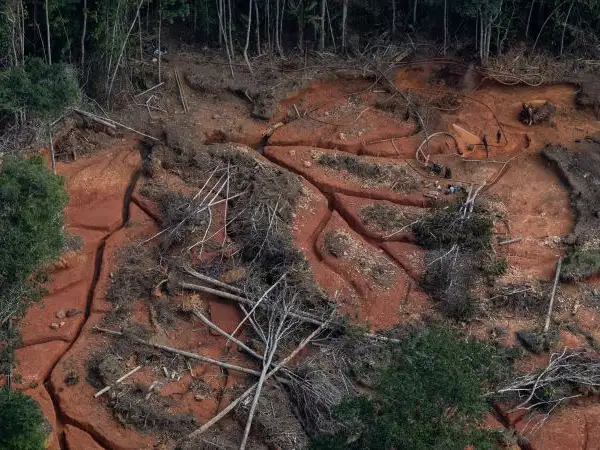

Deforestation in the Brazilian Amazon broke all records during the first half of 2022. Photo copyright: Bruno Kelly/HAY
Indigenous communities, like the Yanomami and the Ye’kwana, play a crucial role in protecting the Amazon rainforest, defending against climate change and keeping the forest standing. Recognition of indigenous lands is extremely important as land means life to indigenous peoples – without it, they have no water, food, livelihoods, culture or future.
But instead, indigenous communities have been facing violence for protecting their lands. They are being forced to flee their homes and are suffering irreversible damage from mercury poisoning, which is used in the extraction of gold by illegal goldminers. Protection from the government against illegal gold mining is vitally needed but has been denied in the past four years.
Lula’s election as president is a crucial moment to reverse this trend.
Dario Yanomami, vice president of CAFOD partner HAY, which works to protect the rights of the Yanomami and Ye’kwana and the Amazon rainforest, told us:
“Yesterday, we 305 different indigenous peoples managed to win our long battle of resistance at the ballot box. We indigenous people from Brazil, especially the Yanomami people, are so happy with the election of Lula as president yesterday.
"The election was extremely important as it represented the democracy of the peoples of the Forest, that we are going to save with this great election. Our great friend and supporter, Lula, already supported the official recognition of indigenous lands and especially in Yanomami Territory…and we look forward to working with him from January 1st 2023.”
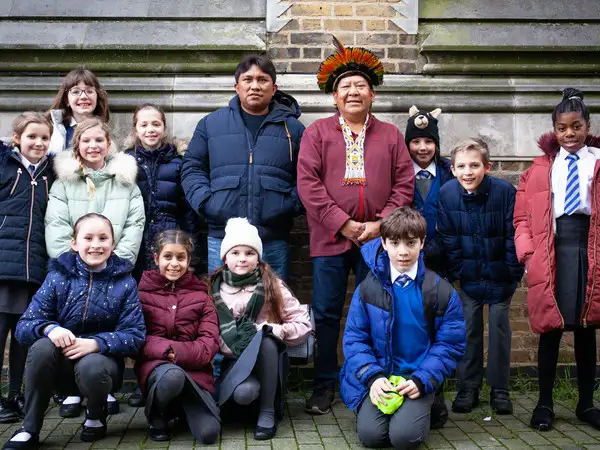

Dario Yanomami (left) with Davi Yanomami, from Hutukara Yanomami Association, visiting school children during an awareness raising trip to the UK with CAFOD.
After decades of struggle the Yanomami and Ye’kwana finally gained official recognition and registration of their land in 1992. Thirty years later, they are facing a brighter future, for both the Amazon rainforest, and for generations to come.
What the future holds for Brazil
Despite the jubilation and grand expectations from Brazil’s indigenous peoples and environmental activists, Lula’s third term as president is likely to be his most challenging yet. Congress is predominantly made up of Bolsonaro allies, and in the months and years ahead, Lula will have to focus on building alliances outside of his left-leaning party, to be able to govern effectively and also attempt to unite a polarised nation.
Bishop Reginaldo Andrietta, president of the Social Pastoral, South Region of the Brazilian Bishops conference, reminds us all of what huge challenges still lie ahead for his country:
“Brazil, which has elected a new government, now needs to build a new destiny: of real democracy, equity of rights, integral ecology, and fraternal coexistence.”
Hope has finally been reignited that these may now be possible for the future.


